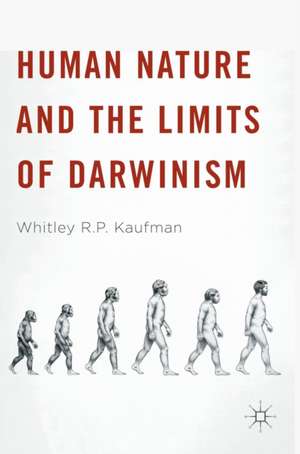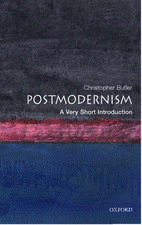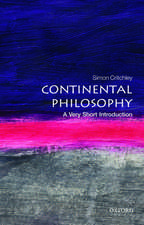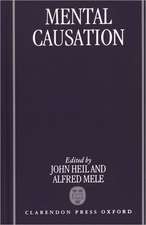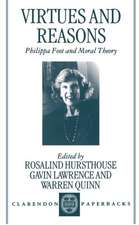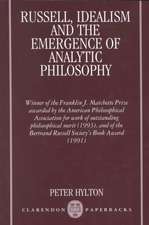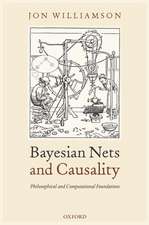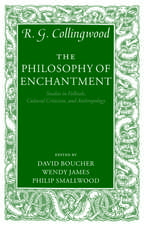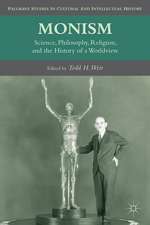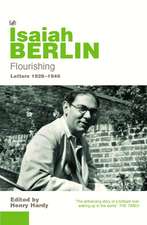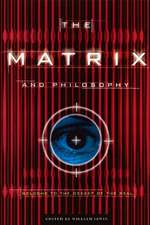Human Nature and the Limits of Darwinism
Autor Whitley R. P. Kaufmanen Limba Engleză Hardback – 10 iun 2016
Kaufman explores the most fundamental philosophical questions as they relate to this debate over human nature—for example: Is free will an illusion? Is morality a product of evolution, with no objective basis? Is reason merely a tool for promoting reproductive success? Is art an adaptation for attracting mates? Is there any higher meaning or purpose to human life? Human Nature and the Limits of Darwinism aims to assess the competing views of human nature and present a clear account of the issues on this most pressing of questions. It engages in a close analysis of the numerous recent attempts to explain all human aims in terms of Darwinian processes and presents the arguments in support of the traditional conception of human nature.
| Toate formatele și edițiile | Preț | Express |
|---|---|---|
| Paperback (1) | 382.36 lei 6-8 săpt. | |
| Palgrave Macmillan US – 27 mai 2018 | 382.36 lei 6-8 săpt. | |
| Hardback (1) | 387.75 lei 6-8 săpt. | |
| Palgrave Macmillan US – 10 iun 2016 | 387.75 lei 6-8 săpt. |
Preț: 387.75 lei
Nou
Puncte Express: 582
Preț estimativ în valută:
74.20€ • 77.00$ • 62.02£
74.20€ • 77.00$ • 62.02£
Carte tipărită la comandă
Livrare economică 15-29 martie
Preluare comenzi: 021 569.72.76
Specificații
ISBN-13: 9781137592873
ISBN-10: 1137592877
Pagini: 218
Ilustrații: VI, 222 p.
Dimensiuni: 148 x 210 x 18 mm
Greutate: 0.41 kg
Ediția:1st ed. 2016
Editura: Palgrave Macmillan US
Colecția Palgrave Macmillan
Locul publicării:New York, United States
ISBN-10: 1137592877
Pagini: 218
Ilustrații: VI, 222 p.
Dimensiuni: 148 x 210 x 18 mm
Greutate: 0.41 kg
Ediția:1st ed. 2016
Editura: Palgrave Macmillan US
Colecția Palgrave Macmillan
Locul publicării:New York, United States
Cuprins
1. Introduction 2. The Traditional View of Human Nature 3. The Darwinian View of Human Nature 4. Free Will 5. Ethics 6. Literature 7. Art and Beauty 8. Truth 9. Religion 10. Happiness and Meaning.
Notă biografică
Whitley R.P. Kaufman is Professor of Philosophy at the University of Massachusetts Lowell, USA. He is the author of two previous books, Justified Killing: The Paradox of Self-Defense and Honor and Revenge: A Theory of Punishment, as well as numerous articles on ethics, Just War theory, and law.
Textul de pe ultima copertă
This book compares two competing theories of human nature: the more traditional theory espoused in different forms by centuries of western philosophy and the newer, Darwinian model. In the traditional view, the human being is a hybrid being, with a lower, animal nature and a higher, rational or “spiritual” component. The competing Darwinian account does away with the idea of a higher nature and attempts to provide a complete reduction of human nature to the evolutionary goals of survival and reproduction. Whitley Kaufman presents the case that the traditional conception, regardless of one's religious views or other beliefs, provides a superior account of human nature and culture. We are animals, but we are also rational animals.
Kaufman explores the most fundamental philosophical questions as they relate to this debate over human nature—for example: Is free will an illusion? Is morality a product of evolution, with no objective basis? Is reason merely a tool for promotingreproductive success? Is art an adaptation for attracting mates? Is there any higher meaning or purpose to human life? Human Nature and the Limits of Darwinism aims to assess the competing views of human nature and present a clear account of the issues on this most pressing of questions. It engages in a close analysis of the numerous recent attempts to explain all human aims in terms of Darwinian processes and presents the arguments in support of the traditional conception of human nature.
Kaufman explores the most fundamental philosophical questions as they relate to this debate over human nature—for example: Is free will an illusion? Is morality a product of evolution, with no objective basis? Is reason merely a tool for promotingreproductive success? Is art an adaptation for attracting mates? Is there any higher meaning or purpose to human life? Human Nature and the Limits of Darwinism aims to assess the competing views of human nature and present a clear account of the issues on this most pressing of questions. It engages in a close analysis of the numerous recent attempts to explain all human aims in terms of Darwinian processes and presents the arguments in support of the traditional conception of human nature.
